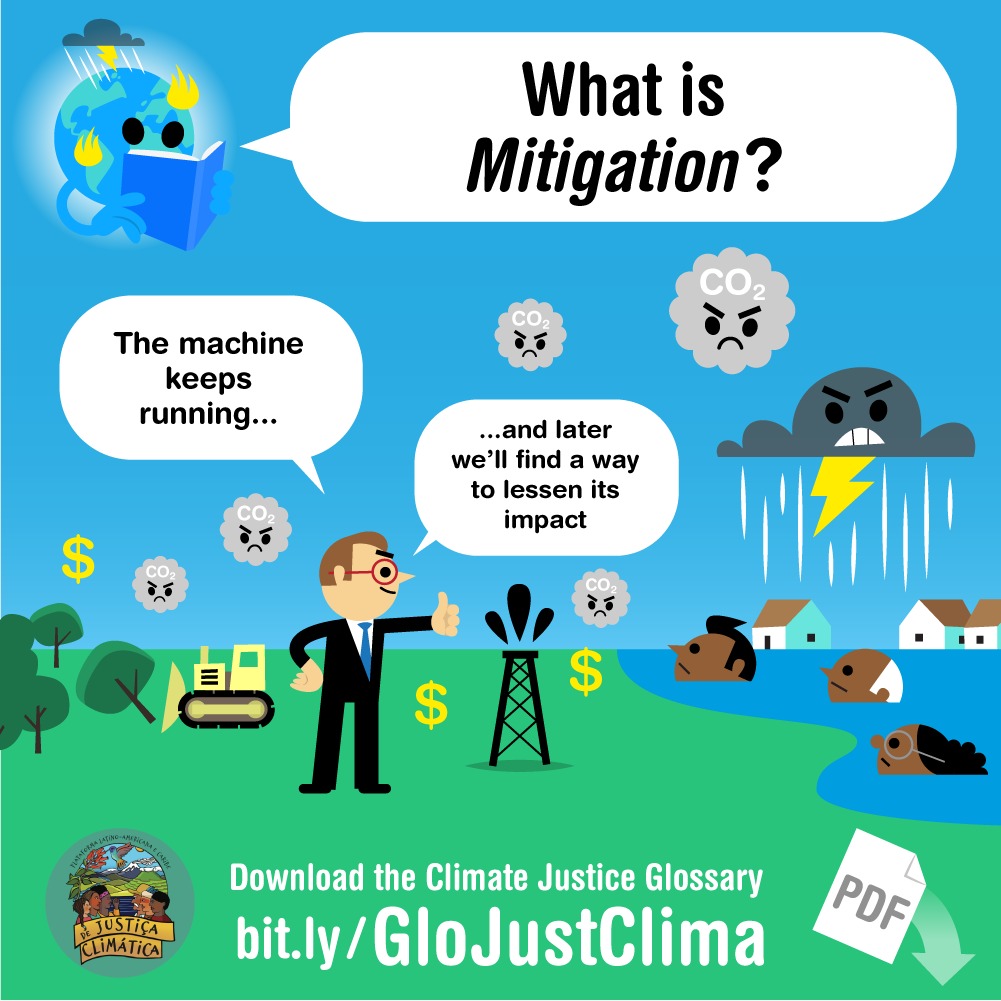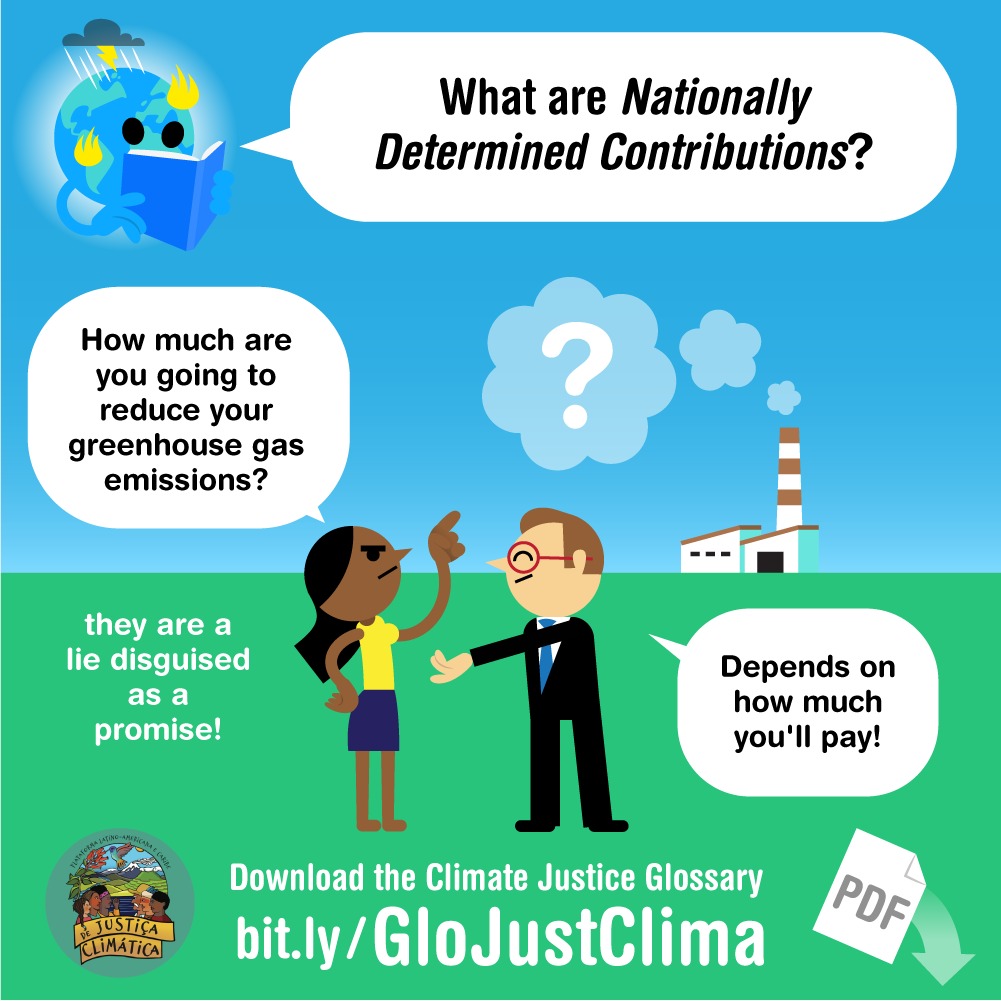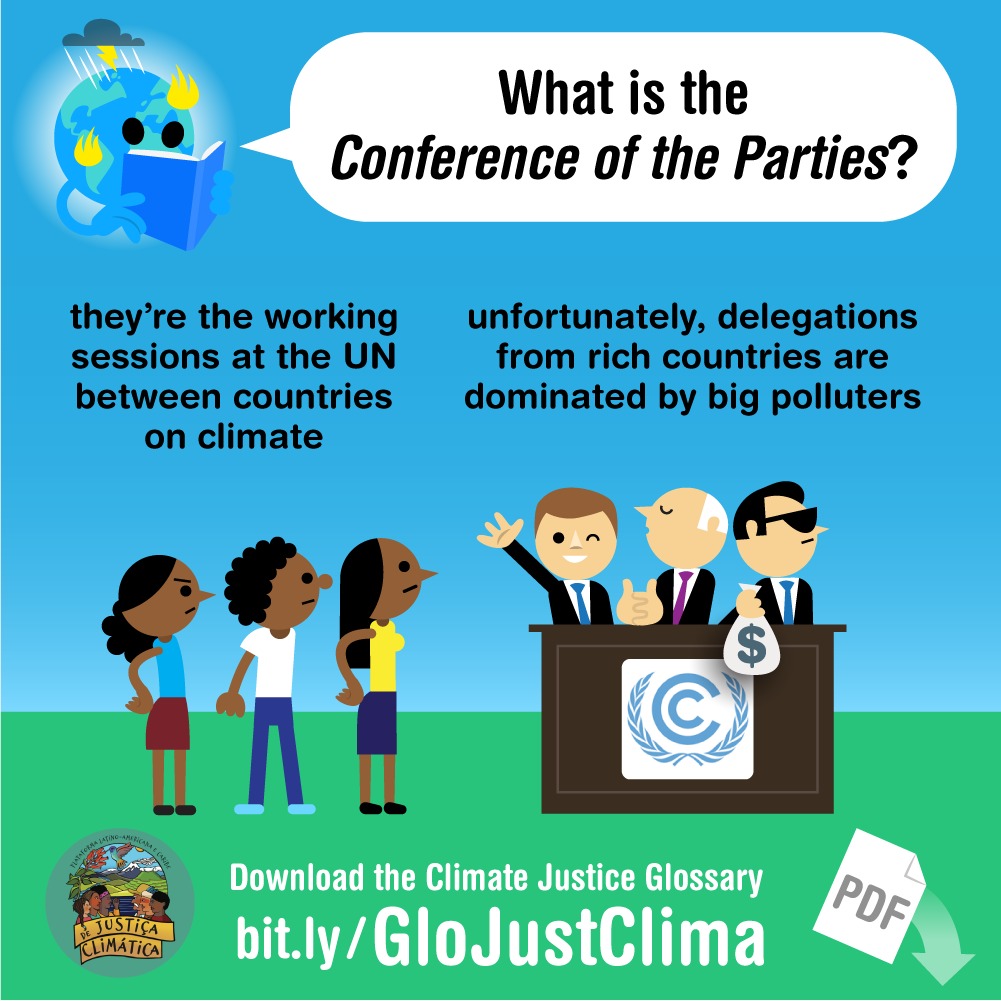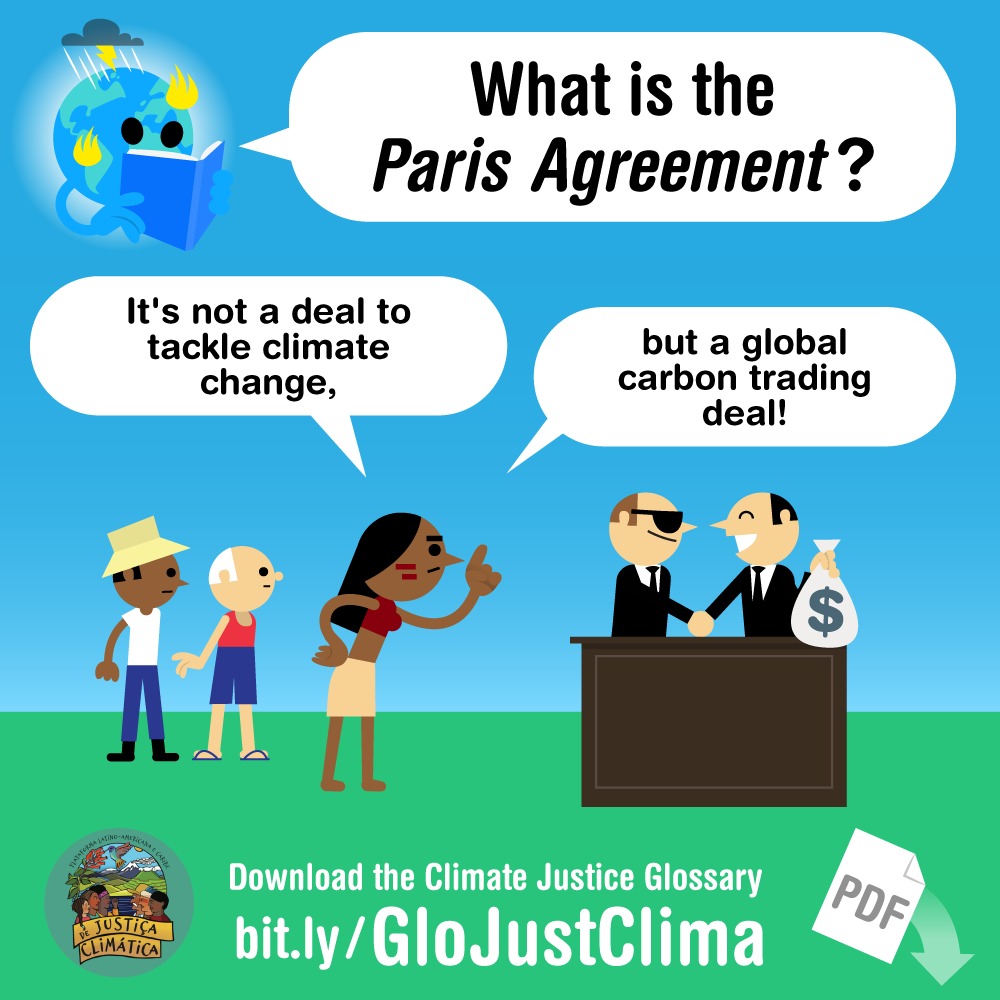Vulnerability
Vulnerability is intentionally defined using terms and figures that avoid incorporating human rights violations, inequalities, or the impacts of extractivist industries as key factors in increased vulnerability to climate change. Communities around the world bear the impacts not just of climate change, but also of extractive and polluting activities that are justified as “necessary” for …









